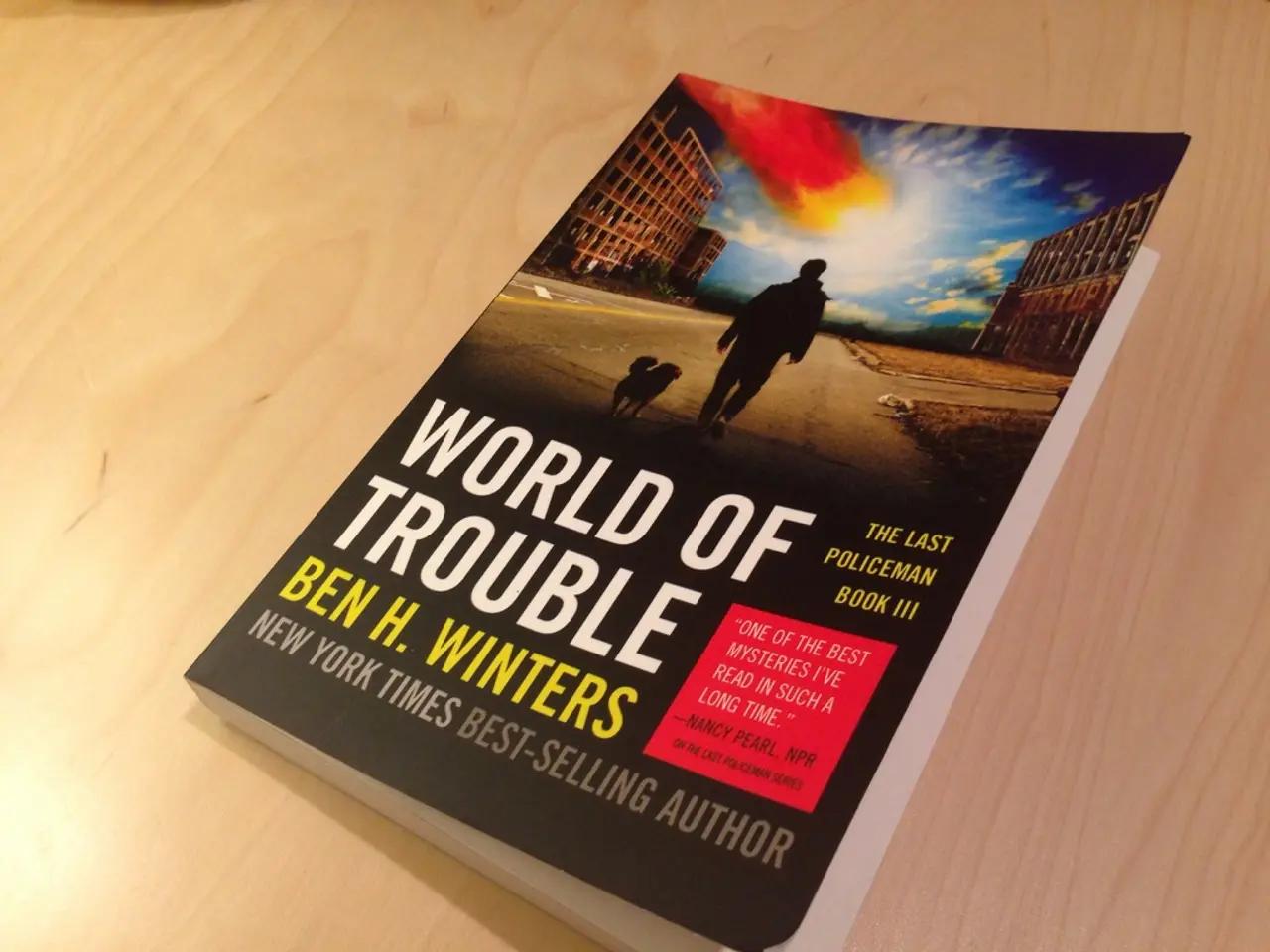Global Governance: Probabilities and Potential Scenarios
In the face of mounting global challenges, the idea of a one world government has gained traction as a potential solution. However, this concept is not without its challenges and debates.
The primary obstacles to a one world government revolve around issues of sovereignty and national interests. Nations, particularly the United States under recent policy initiatives, have shown resistance to ceding control to a supranational authority, as demonstrated by the review and threat of withdrawal from major international organizations and treaties perceived as contrary to national interests [1].
Political will and power dynamics also pose significant hurdles. The uneven distribution of power among countries and competing geopolitical interests make agreeing on the structure and authority of a global government highly problematic. Powerful states may resist sharing authority, while weaker states may distrust the process [2].
Public opinion and identity are further factors to consider. Widespread concerns about immigration, cultural integration, and national identity, evident in societies such as Poland, indicate skepticism towards global governance that might override national borders and policies [3].
Institutional limitations further undermine the prospect of a one world government. Present international institutions like the UN and WTO face funding cuts and political pressure, weakening their capacity to coordinate global governance effectively [1]. This undermines momentum for more integrated global governance.
Despite these challenges, the potential benefits of a one world government are significant. It could enable coordinated action on climate change, pandemics, international security, and economic stability, which are difficult to tackle unilaterally or regionally [2]. A central authority might mediate state conflicts, potentially reducing wars and promoting peace. Global rules could harmonize trade, environmental standards, human rights protections, and digital governance, addressing inequalities and inconsistencies [3].
However, a one world government also carries risks. Loss of sovereignty and autonomy is a major concern, as national governments and populations may lose control over laws and policies tailored to their contexts. The risk of overcentralization and tyranny is also a valid concern, as a global government could become unaccountable or authoritarian if safeguards are not robust [4].
Given current realities, including growing nationalism and skepticism toward international institutions, the establishment of a one world government is currently not feasible [1][3]. Its implementation would require unprecedented consensus, reform of existing institutions, and likely incremental steps.
Alternatives to a one world government include strengthening multilateralism, developing new tools and institutions to address specific global threats while respecting national autonomy, and regional integration [5]. Enhancing existing international organizations and agreements to be more inclusive, networked, equitable, and effective is widely advocated [3]. New global compacts, such as the Pact for the Future and Global Digital Compact, aim to innovate cooperation without eroding sovereignty entirely [5].
In conclusion, while a one world government could theoretically address many global challenges comprehensively, the current political, social, and institutional landscape poses significant barriers. The more realistic and immediate approach is strengthening multilateral frameworks and evolving global governance structures to better manage transnational problems without abolishing national sovereignty [1][2][3][4].
- The debate over a one world government surrounds the issues of conflict resolution, as it could potentially reduce wars and promote peace.
- Key concerns about a one world government include the risk of loss of sovereignty and autonomy, where national governments may lose control over tailored laws and policies.
- In the realm of education-and-self-development and personal-growth, a one world government could create standardized policies for human rights protections, digital governance, and education,leading to consistency and potentially reducing inequalities.
- In the face of war-and-conflicts, career-development, and policy-and-legislation challenges associated with the implementation of a one world government, strengthening multilateralism and regional integration offers a more feasible approach for addressing global challenges while respecting national sovereignty.




